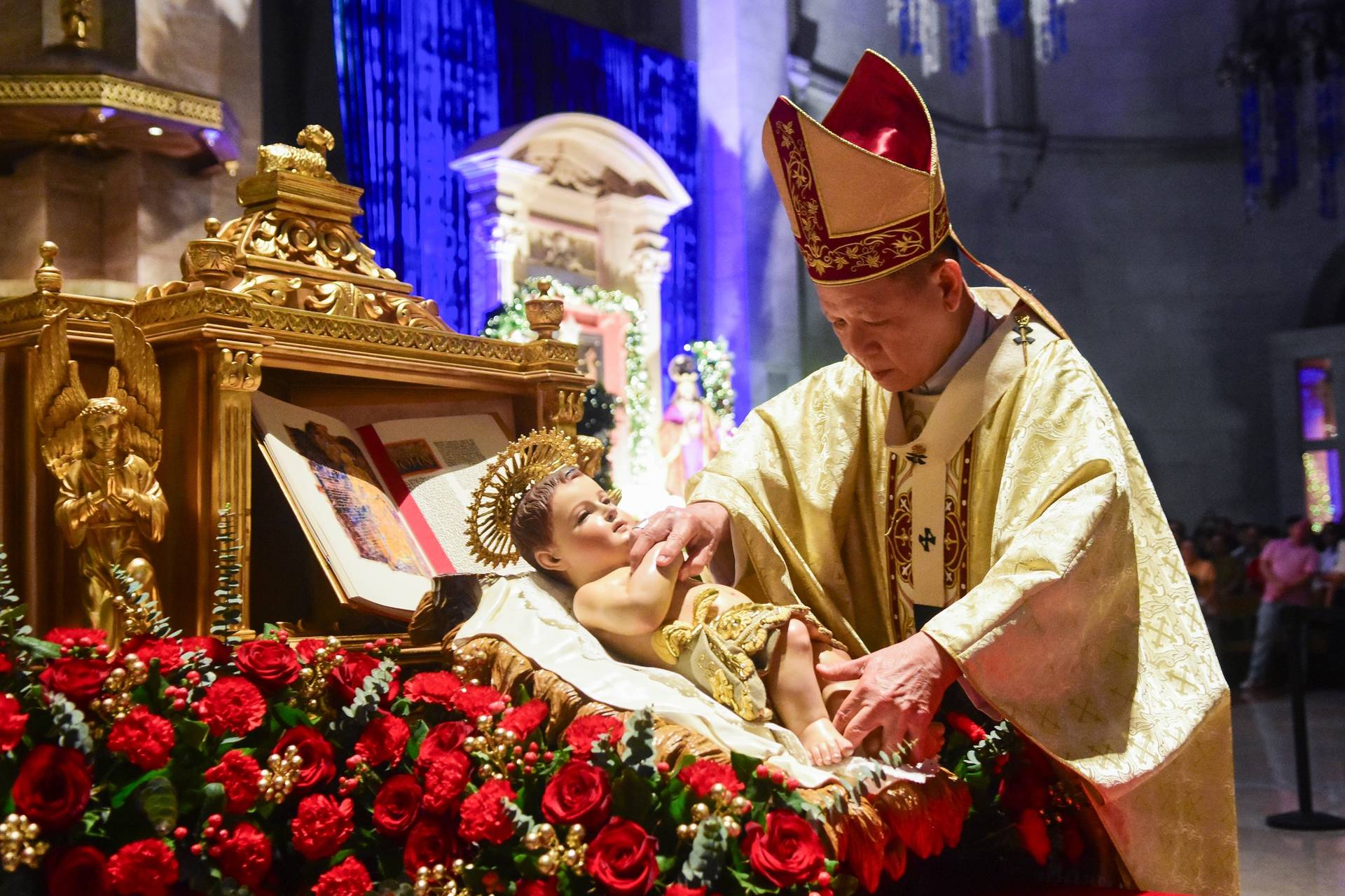After it was confirmed that a man was killed in a Catholic parish in Nicaragua on Saturday, where a group of students, priests and journalists were hiding from the pro-government forces, a cardinal and the papal representative in the country went to the site to try to mediate while dozens of people, including several wounded, were still locked in the church.
“Cardinal Leopoldo José Brenes and the Apostolic Nuncio are already in the Parish of Divine Mercy, and they managed to have an ambulance allowed in to transfer the wounded,” said a statement made on Facebook by the Archdiocese of Managua, the country’s capital, on Saturday morning.
“They continue to mediate to take all the students out. Let’s continue to pray for peace in Nicaragua, for the bishops and for the priests who fulfill their prophetic mission,” the note said.
An hour earlier, the same page had announced that the cardinal and Polish Archbishop Waldemar Stanislaw Sommertag were on their way to the parish to mediate, trying to ensure that students and priests who were “attacked throughout the night can come out.”
Having spoken with the priests inside the parish, the archdiocese also announced that a young man named Gerald Vázquez had been killed by a shotgun blast to the head. By the time the two prelates arrived, the parish had been under siege for over 16 hours.
“May God have mercy on his soul and console his family,” they wrote. “We hope that no more blood of our brothers is spilled.”
This is the second time in a week that the Catholic hierarchy has mediated among young people, the army and the para-military forces loyal to President Daniel Ortega.
Protests against Ortega and his wife, Vice President Rosario Murillo, began in April after a failed reform attempt of the country’s social security system, and have escalated since. Beyond rescuing students and protestors barricaded in Catholic churches, the bishops have played a key role in attempting to facilitate dialogue among all parties included.
However, the bishops have stipulated two conditions for the conversations to go forward – Ortega must resign and new national elections must be called, steps to which Ortega and his wife, who’s been in power since 2007, have not agreed. On July 7, they said they would ignore calls for early elections.
RELATED: Nicaragua VP says God favors repression against priests, people
According to the New York-based Human Rights Foundation (HRF), there have been more than 300-state sponsored killings in Nicaragua since April.
Garry Kasparov, chairman of the HRF, said that despite a report from the Organization of International States calling for an end to the repression, the situation is getting worse.
“The regime is even carrying out summary executions as a means of intimidation,” he said. “It is clearer than ever that Ortega and his cronies do not care about the Nicaraguan people, and that their only goal is to cement their authoritarian grip on power.”
Pope Francis is fully informed
According to Sommertag, the pope is “very concerned” over what happened last Monday in the adjoining area of Diariamba, where bishops were physically and verbally attacked by para-military and pro-Ortega groups.
Several clergy, including Brenes, the nuncio and Managua’s auxiliary, Bishop Jose Baez, were trying to bring comfort to the victims of an attack by the military and pro-Ortega groups that had taken place on Sunday, leaving 14 people dead. Soon after, images of Baez with a bloodied arm began surfacing on Twitter.
When the group was in the Basilica of St. Sebastian, a mob went in and the attacks began.
Sommertag said on Friday that even though the Vatican is not planning on filing an official complaint regarding the attack against its representative, Francis is urging the country to “respect human rights, not only those of the bishops, as this would be shortsighted.”
Furthermore, according to Baez, the pontiff told him over a year ago that they could be persecuted by the regime of Ortega, as the pontiff sensed a “dictatorship” was brewing.
Speaking to news agency DPA also on Friday, Baez said that he’d first met Francis some two years ago, when the two had lunch in the Vatican. Already by then, the bishop said, the Argentine pontiff was worried about what was going on in the country, with the first hints “of dynastic power.”
Baez met with the pope again last year, when several bishops of Nicaragua visited the Vatican, and once again spoke about the situation of the country.
“We were once again able to see that the pope was aware of everything,” he said.
“He told us: Speak to the people, be close to the people, and speak to them with clarity, tell them that this is unfair, this is corruption,” Baez said on Saturday. “And then, the people can make their own conclusions to act in a coherent way and you can accompany them, by allowing the people to reach their own conclusions.”
The bishop said he’d told the pope that the local hierarchy was already speaking to the people, but that the government was going to realize the Church was being critical.
“And so the pope said: Take into consideration that in these processes, persecution and martyrdom sneak in,” Baez said.
The bishop then told the reporter that this was a possibility that seemed “far away,” until last Monday, when he and others were attacked.
“We’re becoming a persecuted Church that has suffered verbal aggression and calumnies both in the media and in social media,” he said. “And some bishops, as is my case, have been threatened to death and been physically attacked.”

















